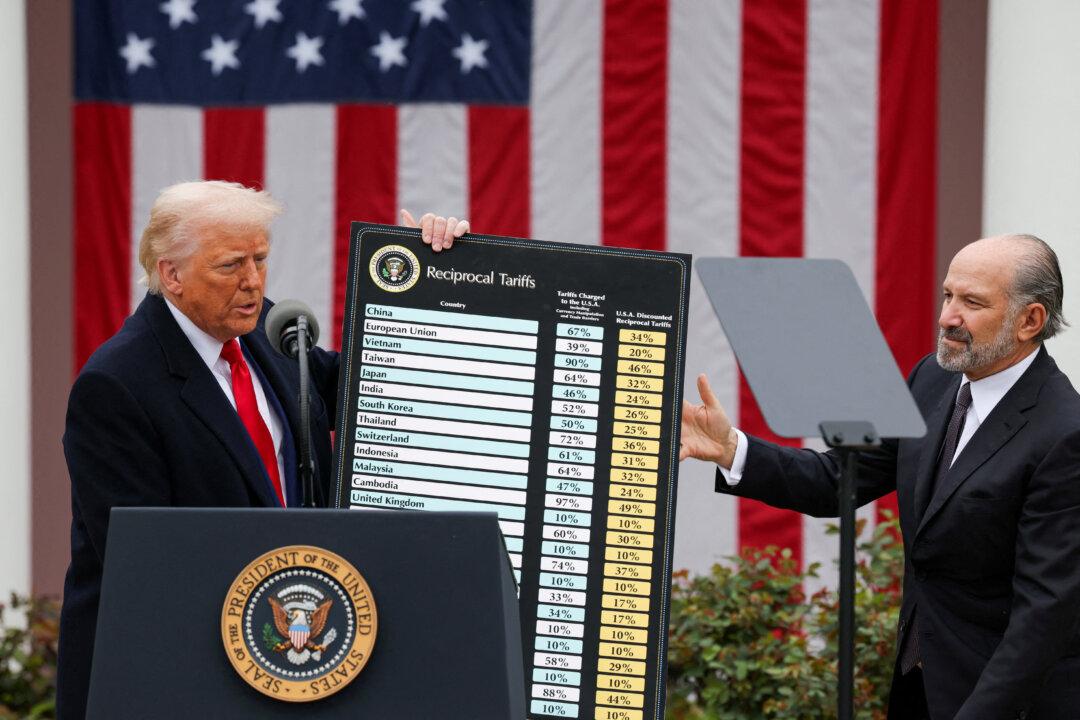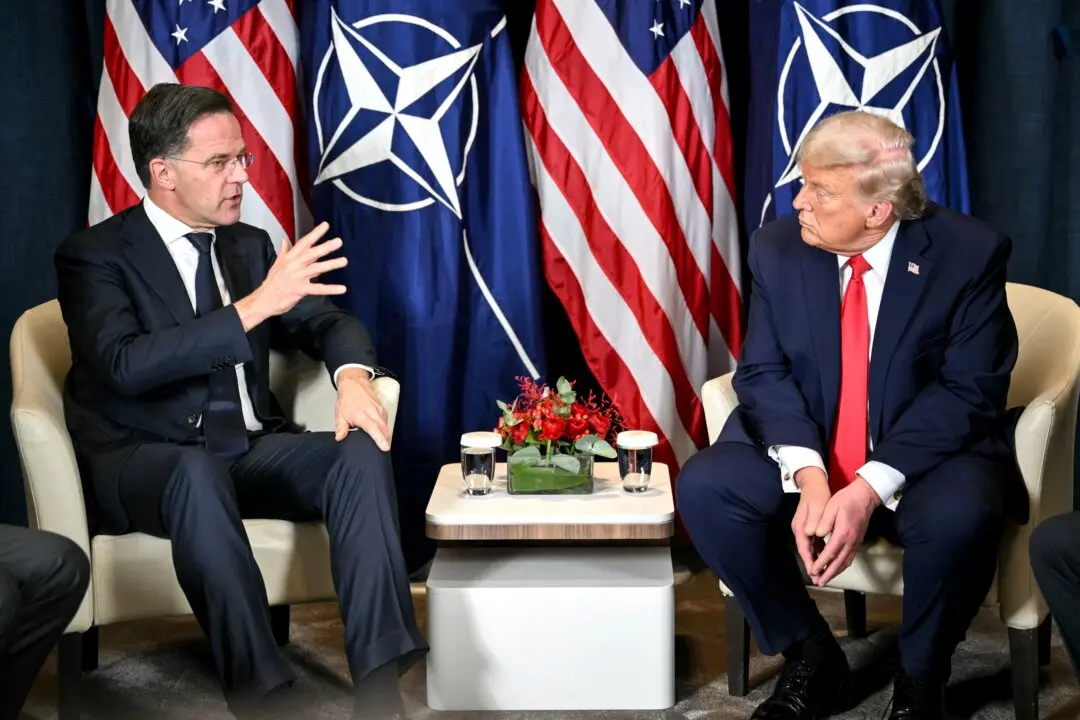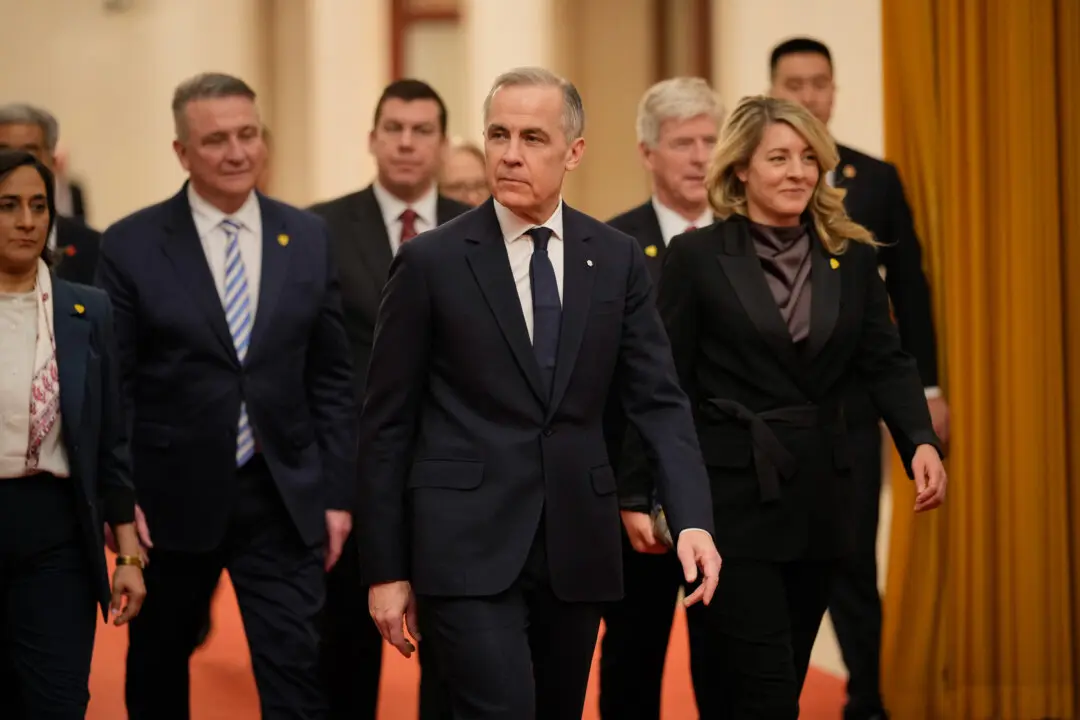Commentary
Although there is great reluctance to recognize it in the still thickly populated ranks of the Trump antagonists in the United States, the president’s tariff initiatives to date have painlessly produced a startling success. Approximately 90 countries are now approaching Washington to negotiate a reduction in tentative tariff increases and conciliate the United States by making concessions against what had been the status quo. Obviously the details remain to be negotiated, but the cost so far has been minimal while the resulting reduction in the unsustainable American trade deficit of over US$1 trillion is bound to be significant.





